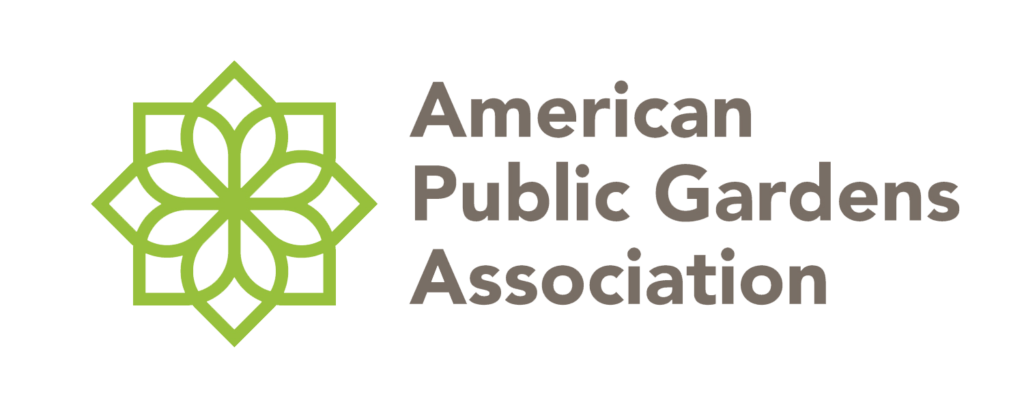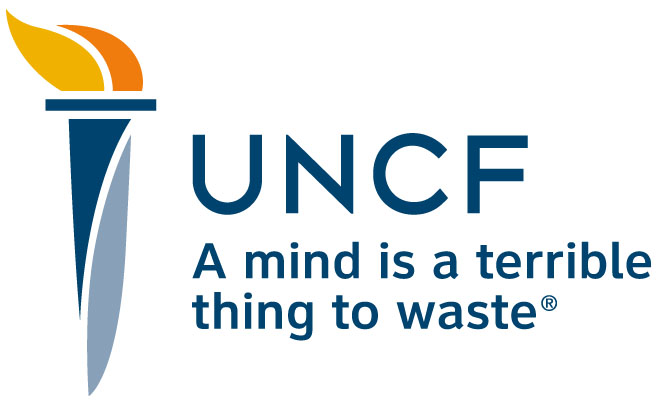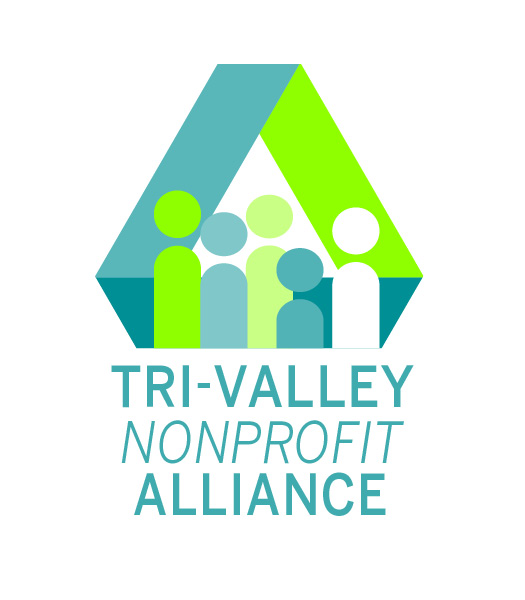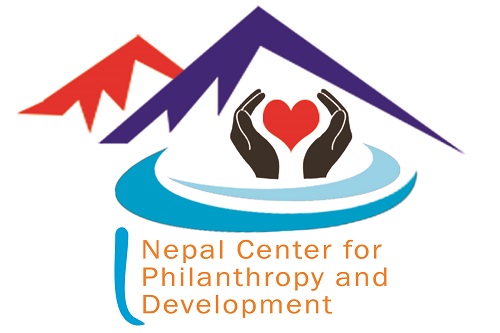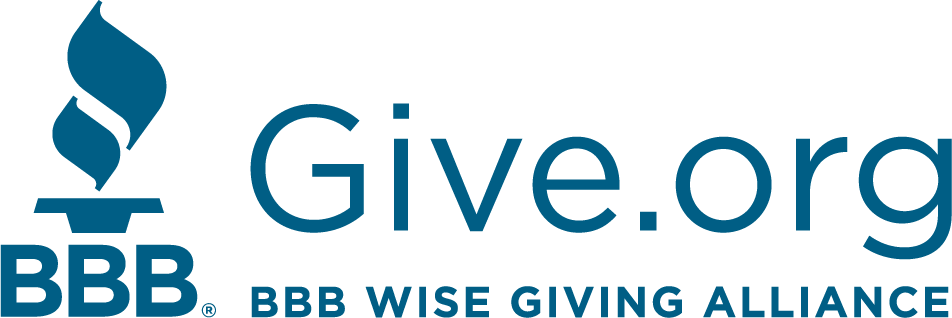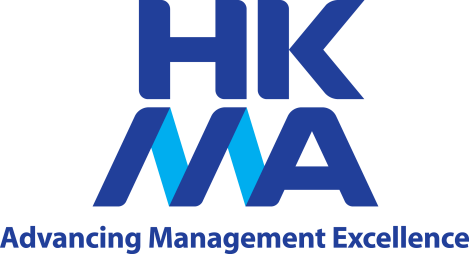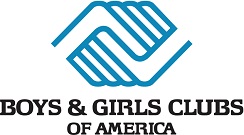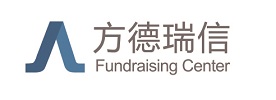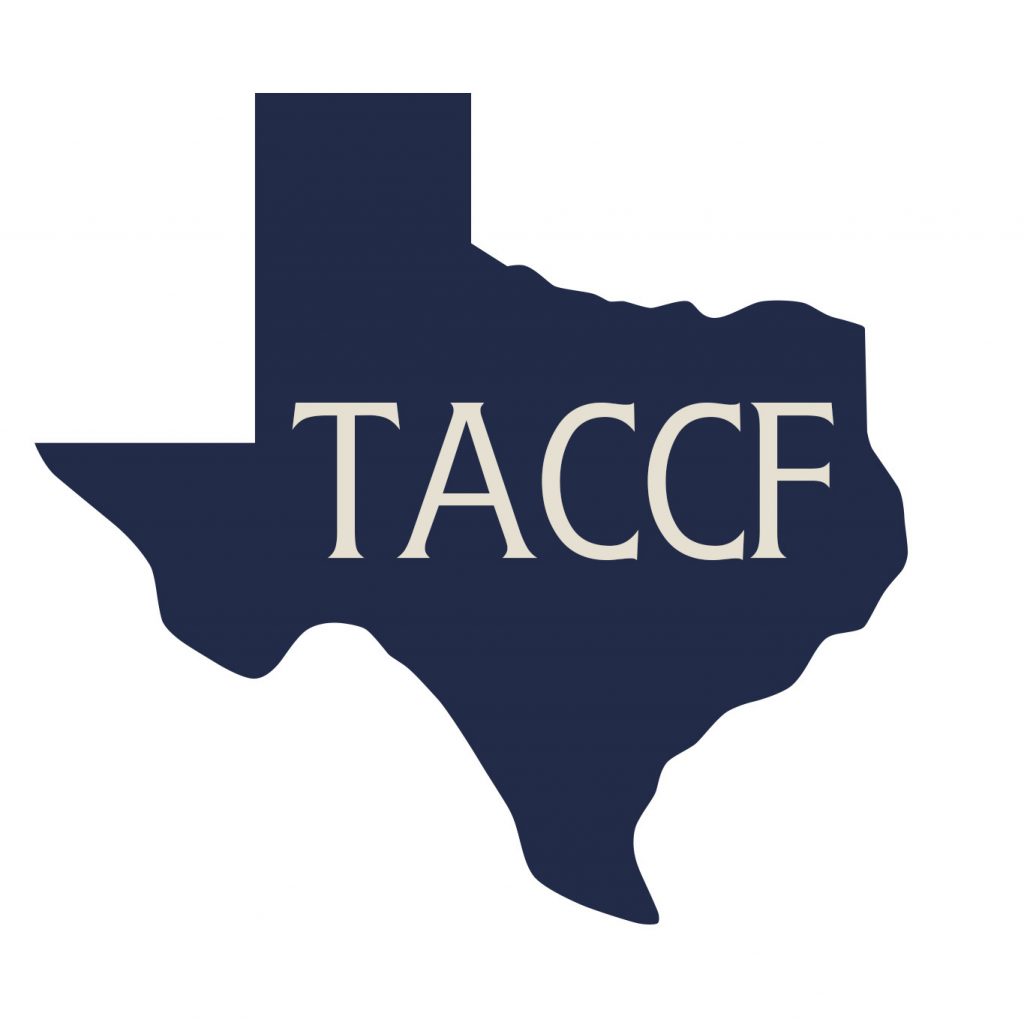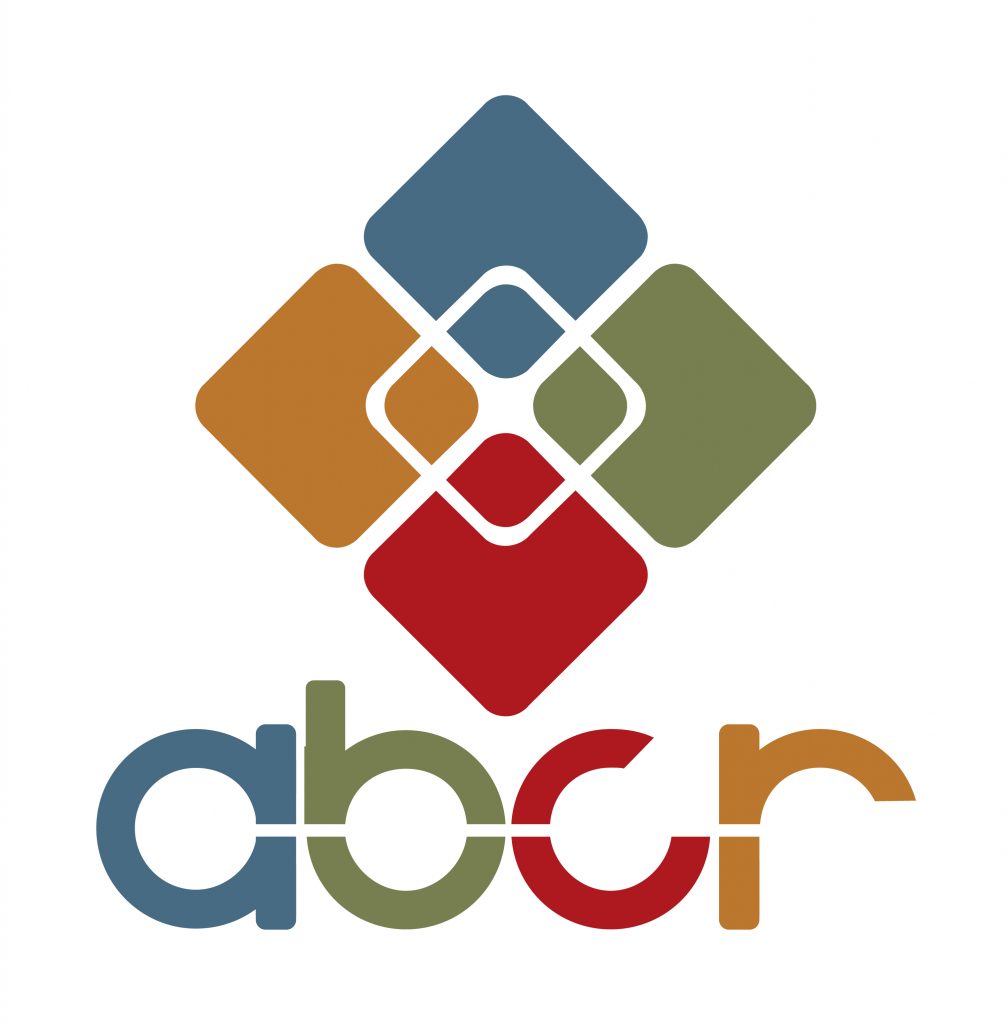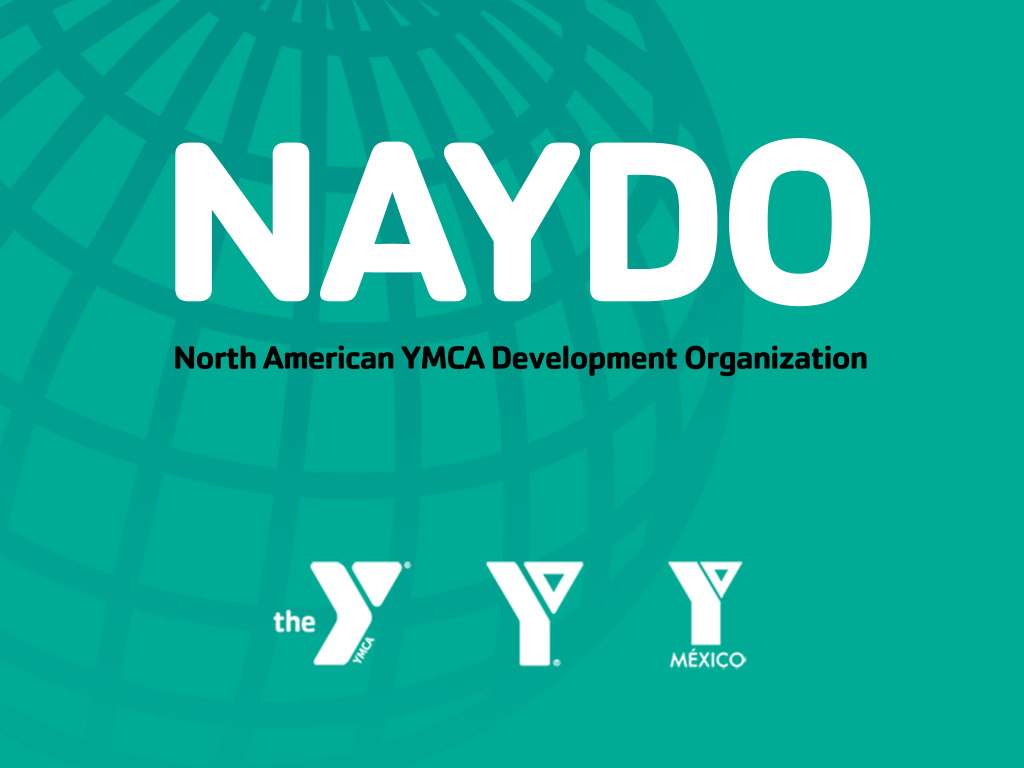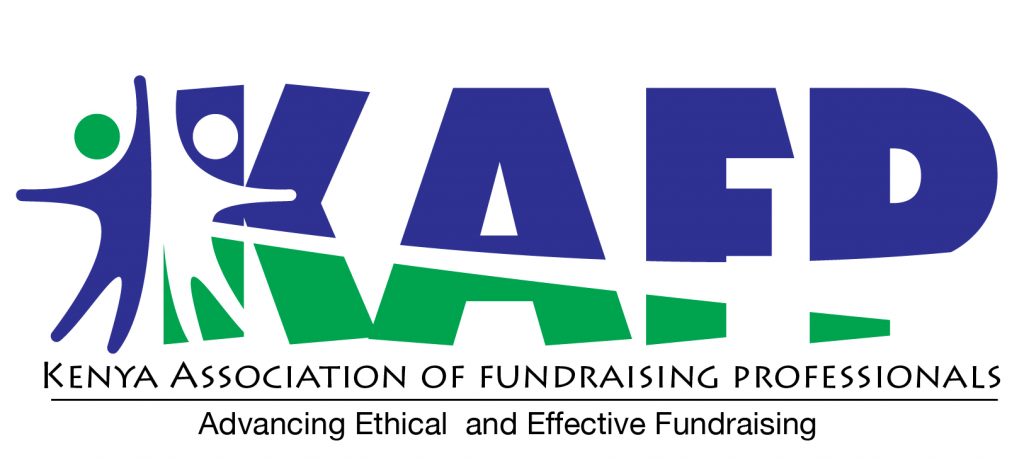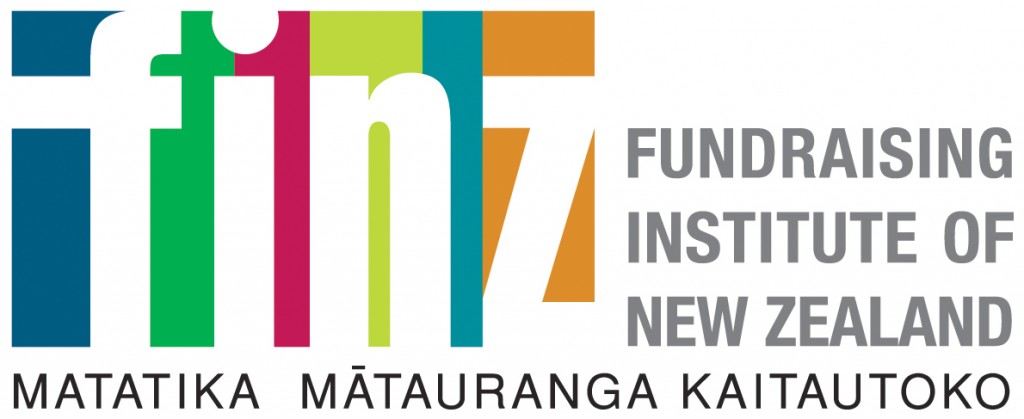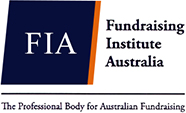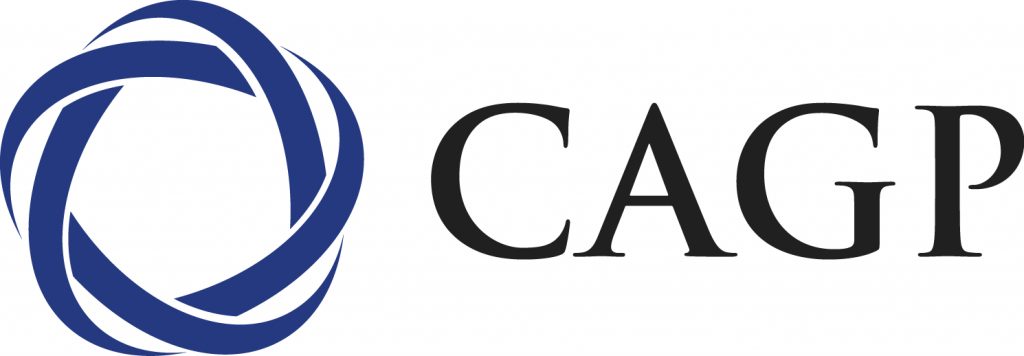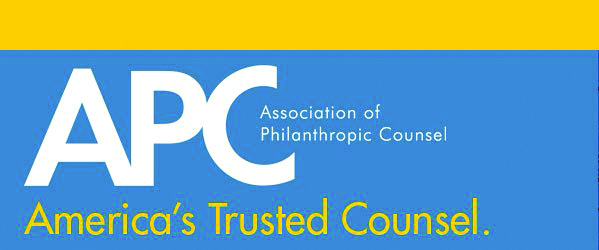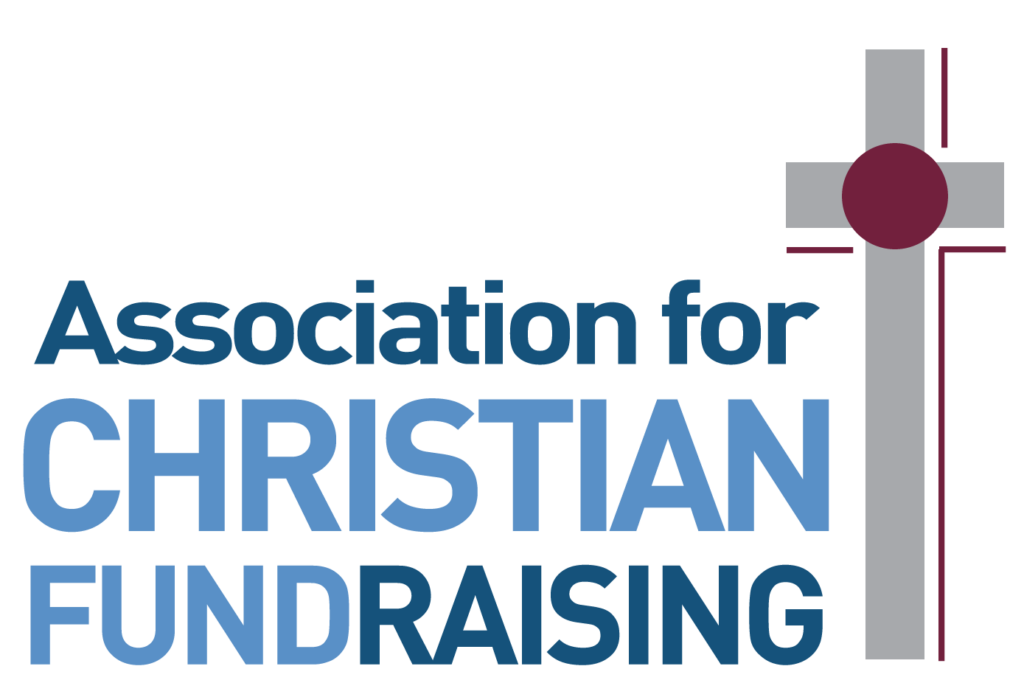 A study group can be an excellent way to stay motivated and on track with your CFRE Exam preparation. While a study group is not necessary to prepare for the CFRE Exam, many certificants tell us they were helpful.
A study group can be an excellent way to stay motivated and on track with your CFRE Exam preparation. While a study group is not necessary to prepare for the CFRE Exam, many certificants tell us they were helpful.
1. Find others interested in studying for the CFRE.
Use the channels below to let others know you are putting together a study group and encourage people to contact you with their interest.
a. Check the CFRE Study Group page to see if there is one already available in your area (don’t forget to tell us when your study group is put together so we can feature it on the page).
b. Create a post on CFRE Central to let others know you are interested in forming a study group (you must have an in-process application to be able to access CFRE Central).
c. Post to your personal LinkedIn page.
d. If you are a member of the Association of Fundraising Professionals or another professional organization with regional chapters, post to the chapters’ Facebook and/or LinkedIn pages.
e. Ask your local professional organization to put an announcement in their enewsletter.
2. A study group can be virtual or in-person.
Don’t let geography bind you! Consider a virtual study group that can be facilitated via Skype, Zoom, GotoMeeting, or any other collaborative platform. If you are able to view participants via webcam it can help you feel like you’re in the same room.
3. Don’t worry about having a minimal number of people.
In your area there may only be one or two other people ready to start their CFRE prep at the same time you are. That’s fine! All it takes is one good study buddy.
4. Set a meeting schedule and stick to it.
Once you have established your study group’s members, determine a reoccurring time you can meet, length of time, and place. Ensure wherever you choose has minimal distractions and noise. Also determine how many times in total you plan to meet.
For instance, if everyone is intending to take the exam within the 15 July – 15 September window, you may want to start meeting once a week starting several months prior.
5. Use CFRE International’s tools.
Use the Test Content Outline, Glossary of Fundraising Terms, and Resource Reading List to guide which topics you’ll study when.
6. Determine your areas of expertise and share.
Using the Test Content Outline, determine if members of your study group are experts in any particular area and have them share their knowledge as well as field related questions.
7. Make and use flashcards.
Have individuals make flashcards on certain topics and quiz each other.
8. Be each other’s cheerleaders.
A study group is more than just familiarizing yourself with information. You can encourage one another and keep the motivation high.
Have other tips for how you put together a CFRE study group? Tell us at share@cfre.org.
